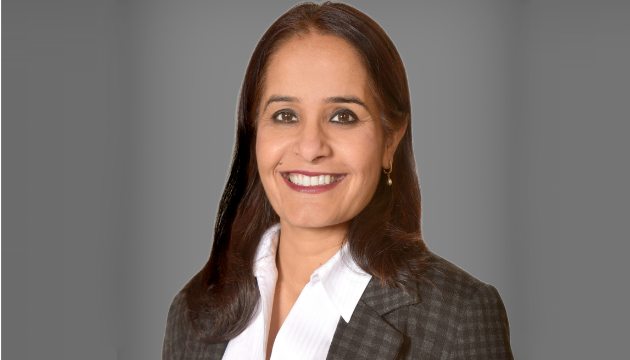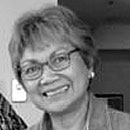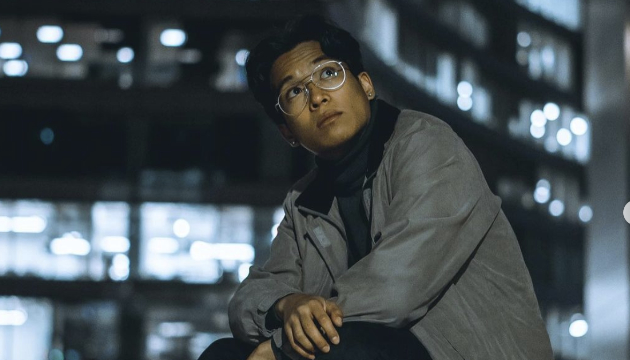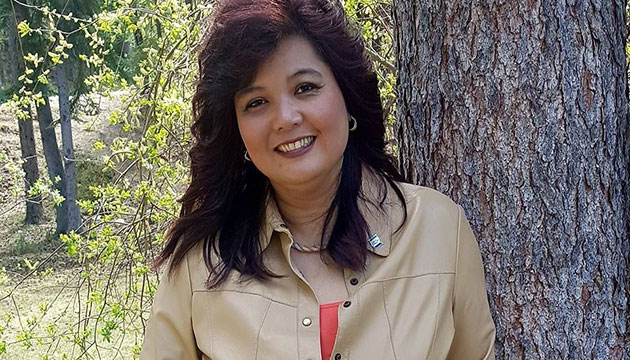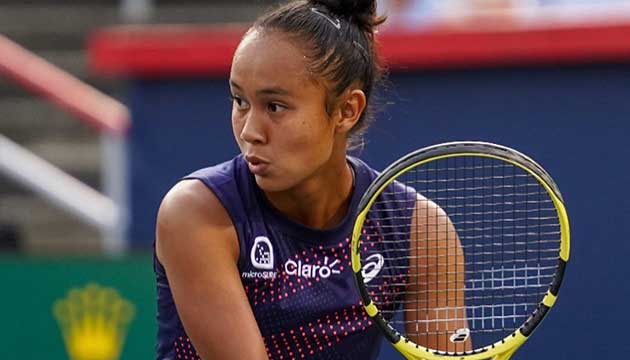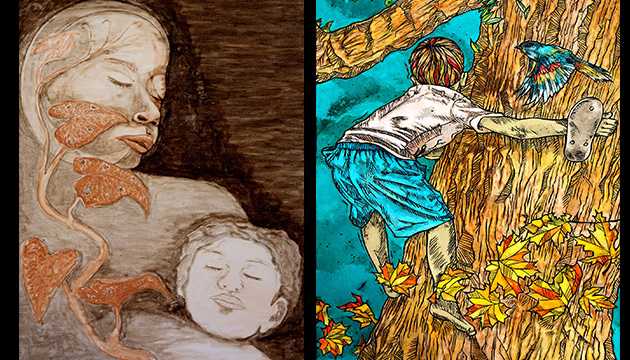The Board of Trustees of the Vancouver School Board approved on January 30 the implementation of a Filipino Language and Culture course in secondary schools. This will be the first course of its kind in B.C.
In an OMNI interview, B.C. Education Minister Rachna Singh said the ministry is willing to listen to the Filipino community's push for language-specific courses.
Mrs. Bambi Ramirez, a math teacher at Tupper and John Oliver, spearheaded the project.Working behind the scene was Joy Jose, the VSB multicultural liaison officer and one of the advocates who pushed for the Filipino language and culture course to be taught in secondary schools in the district starting with Tupper and John Oliver schools. She said that this is an important step to make Filipino youth feel “seen” by the system.
Tony and Marissa Peña who provide scholarships to Filipino students at Tupper and John Oliver schools, consider the project significant for Filipino students because:“ This should add to the “social capital” of the Filipino community.” Vancouver is home to more than 30,000 Filipinos, the third largest migrant population in the city.
Oscar Bisnar who experienced difficulties as a Filiipino adolescent “outsider” in a Canadian high school said, “aside from enhancing the curriculum, these courses would help the alienated immigrant students to understand their life circumstances, and to hopefully find meaning, acceptance, and pride in their new identity as Filipino-Canadians.”Below is his reflection his education as a Filipino immigrant:
The Implementation of Filipino Language and Culture Course:
Reflections on the Stages of My Education as a Filipino Immigrant.
By Oscar Bisnar
Despite my unusual, privileged family background, I did not escape the cultural and socioeconomic barriers today’s Filipino youth may encounter. These reflections may resonate in various degrees and ways to the reader.
Elementary School in Vancouver:
I was a newly arrived 7 year-old, and as I recall, the only Asian in my grade 2 class, and even in the whole elementary school. I was a novelty.One of my few memories of that time was being embarrassed by a cute blonde girl asking if she could marry me. I replied I was too young. Elementary was fun, especially during recess and lunch when we would rush out to the field to play soccer.I don’t remember any emotional trauma from those years except for the odd disagreements on the playground. Perhaps being accepted as a friend and classmate came easily because we were children.
High School in North Vancouver:
My family moved to Taiwan after I finished grade seven, and then back to the Philippines because of my father’s work. I returned to Canada to live with my older sister/guardian to finish high school. Those high school years were unhappy and emotionally turbulent. I was an angst ridden, hormonal teenager with very few friends.I repeated my senior year because, coming from the Philippines, I didn’t have the required credits in math and science for a graduation Dogwood Diploma.I skipped classes for which my punishment was to serve detentions, sweep the sidewalks in front of the school, and clean desktops with formaldehyde.These measures for my behavior modification didn’t produce the desired outcomes, and would thankfully be unacceptable by today’s standards. Social dating was difficult because I didn’t have money except for what little I earned sweeping floors at the community center, and furthermore the girls preferred the high school jocks.
University:
My mother, with all her good intentions to motivate me in school said, “The child should be better than the parent”. That was the worst parenting advice, ever. My father had a PhD in Law, taught at a university, negotiated treaties and settled disputes with other countries, and was a diplomat with the highest rank. I remember thinking I would have to be a King to be better than my father, so I stopped striving. It was not until my senior year at university that I realized I had to finally take responsibility to apply myself to pursue more education and a career. The immigrant parents should be careful with what goals and aspirations they wish for their children.
I taught many Asian and European immigrant children as a schoolteacher in Richmond. Today’s Filipino students are fortunate to have this new VSB approved course on Filipino Language and Culture to help them navigate their identity, landmarks, and milestones.


